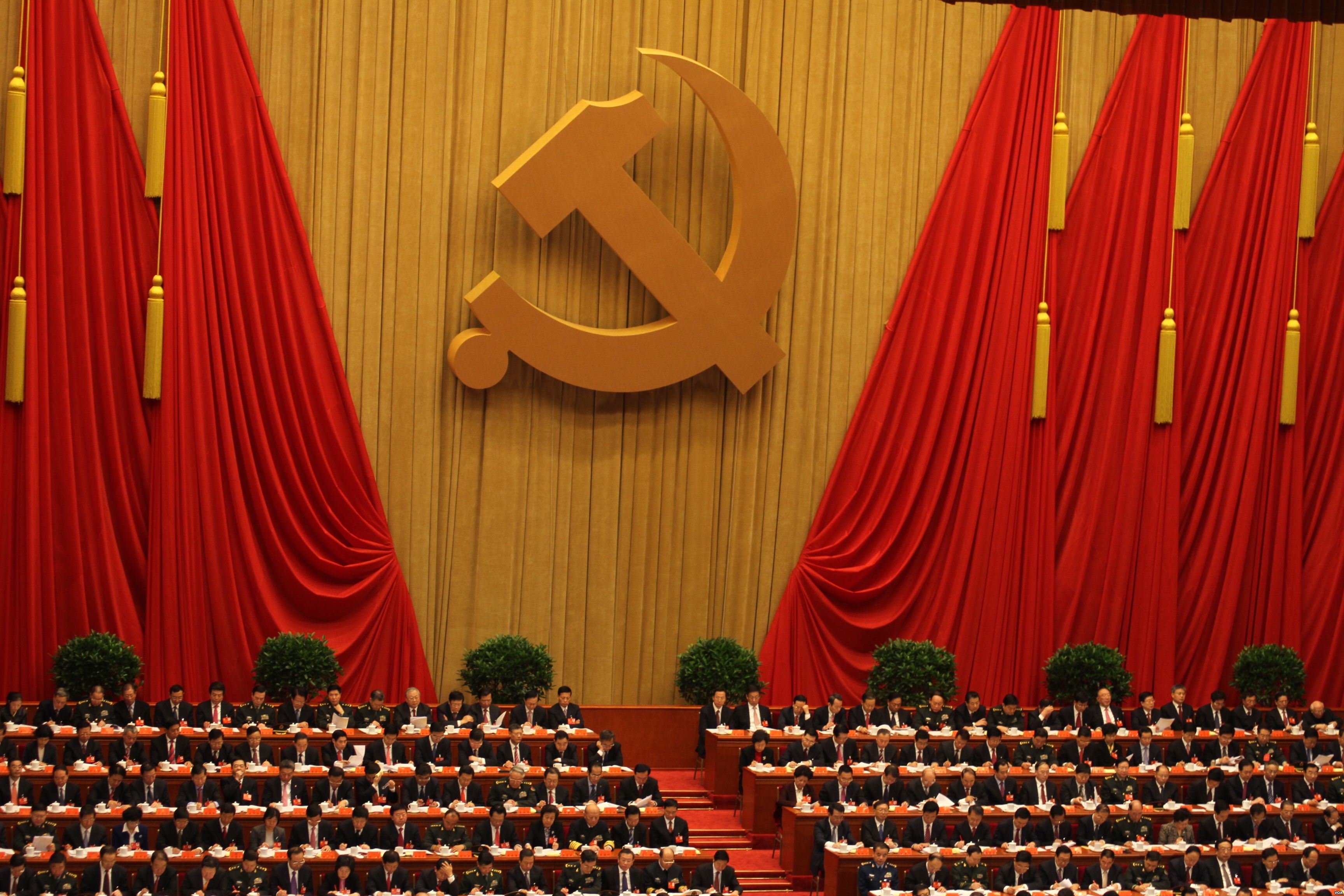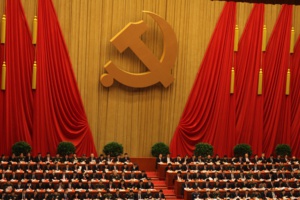However, economists are arguing on whether the bureaucratic system rewards only those, who has the best results on this (in any case, flawed) "scale of measurement."
Some believe in attention to the merits and that this is what explains the staggering achievements of China's economy in the last 35 years. Others insist that communication with the right people is the most important in order to move up the career ladder.
New research points to a third option: winners are not those who create better conditions for economic growth and follows directions exactly superior, but those who engaged in falsification of statistics.
In a scientific paper published by the National Bureau of Economic Research (USA), the birth rate is used as a way to test this theory. Scientists have found a correlation between the growth of GDP in an official’s territory of responsibility and his subsequent promotion. Yet, it is difficult to say how accurate the statistics on GDP is (this issue is also of concern to all who follow the Chinese economy).
The situation is somewhat different with the information on the population: in addition to the figures provided by local officials, the central government of China conducts a nationwide census every ten years. This results in updated data on the number of living people down to the smallest village. This allows finding towns, where bureaucrats manipulate statistics.
China held the sixth population census in 2010. According to the received data, the mainland was home to 1 billion 339 million 724 thousand people. To curb population growth in 1979, the Chinese government approved the birth control policy. Despite the fact that the natural population growth in China fell to the average level, it is still increasing due to the huge base figure (an average of 12 million people per year).
Checking data on 967 mayors in 28 provinces from 1985 to 2000, Juan Carlos Cerrato and Xiao Yu Wang of Duke University, and Shiang Zhang of the University of Colorado found that the officials, who announced the slowing of population growth, often were rewarded.
Mayors, reduced in their cities birth rate per child per 1 thousand inhabitants per year, were 10% more likely to receive a promotion.
Thus, in order to climb up the stairs of the Chinese bureaucracy, it is necessary to falsify statistics. There is a reasonable question: what other statistics in China are subjected to the same artificial adjustment?
source: economist.com
Some believe in attention to the merits and that this is what explains the staggering achievements of China's economy in the last 35 years. Others insist that communication with the right people is the most important in order to move up the career ladder.
New research points to a third option: winners are not those who create better conditions for economic growth and follows directions exactly superior, but those who engaged in falsification of statistics.
In a scientific paper published by the National Bureau of Economic Research (USA), the birth rate is used as a way to test this theory. Scientists have found a correlation between the growth of GDP in an official’s territory of responsibility and his subsequent promotion. Yet, it is difficult to say how accurate the statistics on GDP is (this issue is also of concern to all who follow the Chinese economy).
The situation is somewhat different with the information on the population: in addition to the figures provided by local officials, the central government of China conducts a nationwide census every ten years. This results in updated data on the number of living people down to the smallest village. This allows finding towns, where bureaucrats manipulate statistics.
China held the sixth population census in 2010. According to the received data, the mainland was home to 1 billion 339 million 724 thousand people. To curb population growth in 1979, the Chinese government approved the birth control policy. Despite the fact that the natural population growth in China fell to the average level, it is still increasing due to the huge base figure (an average of 12 million people per year).
Checking data on 967 mayors in 28 provinces from 1985 to 2000, Juan Carlos Cerrato and Xiao Yu Wang of Duke University, and Shiang Zhang of the University of Colorado found that the officials, who announced the slowing of population growth, often were rewarded.
Mayors, reduced in their cities birth rate per child per 1 thousand inhabitants per year, were 10% more likely to receive a promotion.
Thus, in order to climb up the stairs of the Chinese bureaucracy, it is necessary to falsify statistics. There is a reasonable question: what other statistics in China are subjected to the same artificial adjustment?
source: economist.com






